Franchising in Australia is regulated. In many people’s opinion Australia has one of the strongest regulatory regimes in the world. Franchising regulation in Australia is done on a national basis, although some states have considered introducing their own franchising legislation (just as in the United States).
The Franchise Code of Conduct forms part of the Trade Practices Act which, in turn, is managed and administered by the Australian Competition and Consumer Competition. It applies to all franchisors. Until recently (March 2008) foreign franchisors were exempted from the Code if they granted only one franchise, a master franchise, in Australia. This exemption no longer applies.
One of the significant features of the franchising Code of Conduct is that it requires all franchisors to create a document known as a disclosure document. Its purpose is to give to a prospective franchisee, or a franchisee intending to renew/extend a franchise, information to help the franchisee make a reasonably informed decision about the franchise and to give the franchisee current information that is material. The disclosure document has to be given to a prospective franchisee at least 14 days before the prospective franchisee signs up to buy the franchise or at least 14 days before renewal or extension of the franchise. The purpose of the provision is to ensure that potential franchisees are given enough time to make a considered decision.
The content and format of the disclosure document is closely prescribed. All franchisors must disclose the same information (there are over 200 points and sub points in the disclosure document) but franchisors can disclose more information if required.
The information that is required in the disclosure document is wide ranging and includes:
- Details of the system and its history, and the people behind the franchise system;
- Details of intellectual property;
- Contact details for existing and, usually, former franchisees;
- Details of all initial and all ongoing payments to be made in connection with the operation of the franchise;
- References to all relevant conditions of the franchise agreement;
- Earnings information (if the franchisor chooses to disclose earnings information), including the assumptions underlying that earnings information. Alternatively, the franchisor may choose not to disclose any earnings information;
- A solvency statement from the directors and a copy of the most recent financial statements. These financial statements do not have to be included if a solvency statement is supported by an independent audit.
As already stated, the disclosure document must be provided to a prospective franchisee at least 14 days before the franchisee signs the franchise agreement. Similarly, the intending franchisee must be given a copy of the franchise agreement at least 14 days before entering into the franchise.
It is important to know that under Australian law an agreement is a franchise agreement if it falls within the definition of a franchise in the franchising code of conduct, notwithstanding that the document may be called a licence agreement, a distribution agreement or some other name. By definition, an agreement is a franchise if all of the following apply to the agreement.
- It is written, oral or implied;
- It grants a person the right to carry on the business of offering, supplying or distributing goods or services under a plan substantially determined or controlled by the franchisor;
- Under which the operation of the business is substantially associated with a trademark, advertising or commercial symbol;
- Under which, before starting business or continuing the business, the franchisee must agree to pay an amount including an initial fee, a payment for business services, a royalty or franchise fee or a training fee.
If all of those points apply, then an agreement is a franchisee agreement. If one or more of the points does not apply, the agreement is not a franchise agreement.
The franchising code of conduct does not in any way prescribe the contents of the franchise agreement itself. It does however cover issues relevant to the franchise agreement and the franchise, including:
When the franchise agreement must be given to a prospective franchisee;
- Compulsory cooling off periods
- Clauses relating to termination and dispute resolution
These provisions in the Franchising Code of Conduct apply irrespective of what is set out in the franchise agreement itself.
To contact Tim please email [email protected] or call +61 3 9018 4666

